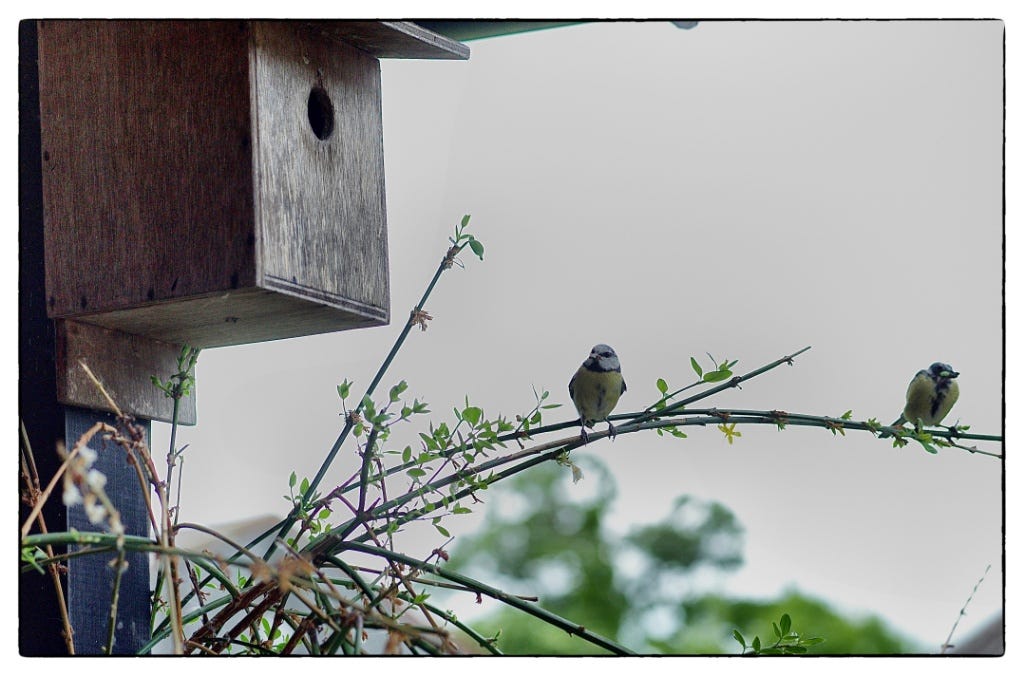Sunday 17 May, 2020
Parenting is a full-time job in a pandemic

Outside our kitchen window, this evening.
Facebook’s ‘oversight board’ is proof that it wants to be regulated – by itself
This morning’s Observer column:
Here we go again. Facebook, a tech company that suffers from the delusion that it’s a nation state, has had another go at pretending that it is one. Originally, you will recall, it was going to create a global currency called Libra and in effect become shadow banker to the world. Strangely, a world that normally seems hypnotised by Facebook turned out to be distinctly unimpressed by that idea; after all, who would trust Facebook with money? So the project is effectively evaporating into something that looks a bit like PayPal, which is not quite what Facebook’s supreme leader, Mark Zuckerberg, had in mind.
Nothing daunted, though, Zuck has had another hubristic idea. On the grounds that Facebook is the world’s largest information-exchange autocracy (population 2.6 billion) he thinks that it should have its own supreme court. (Yes, that’s the expression he originally used: later, wiser councils – possibly a guy called Nick Clegg – persuaded him that that might be just a tad presumptuous.) So it’s now just an “oversight board for content decisions”, complete with its own charter and a 40-strong board of big shots who will, it seems, have the power “to reverse Facebook’s decisions about whether to allow or remove certain posts on the platform”. Sounds impressive, doesn’t it? But it looks rather less so when you realise what it will actually be doing. It’s actually a board for locking the stable door after the horses have bolted. Let us call the Facebook oversight board by its initials: FOB…
Introducing Colonel Johnson (late of the Light Brigade), and his batman, Cummings
There’s a new comedy duo on the British political scene.
Unfortunately, they don’t make people laugh.
See today’s Quarantine Diary for details.
The rise and rise of conspiracist thinking
The Atlantic has a fascinating new series on a topic that until 2016 most people (though not me and my academic colleagues) thought was only of fringe interest.
Five substantial essays.



